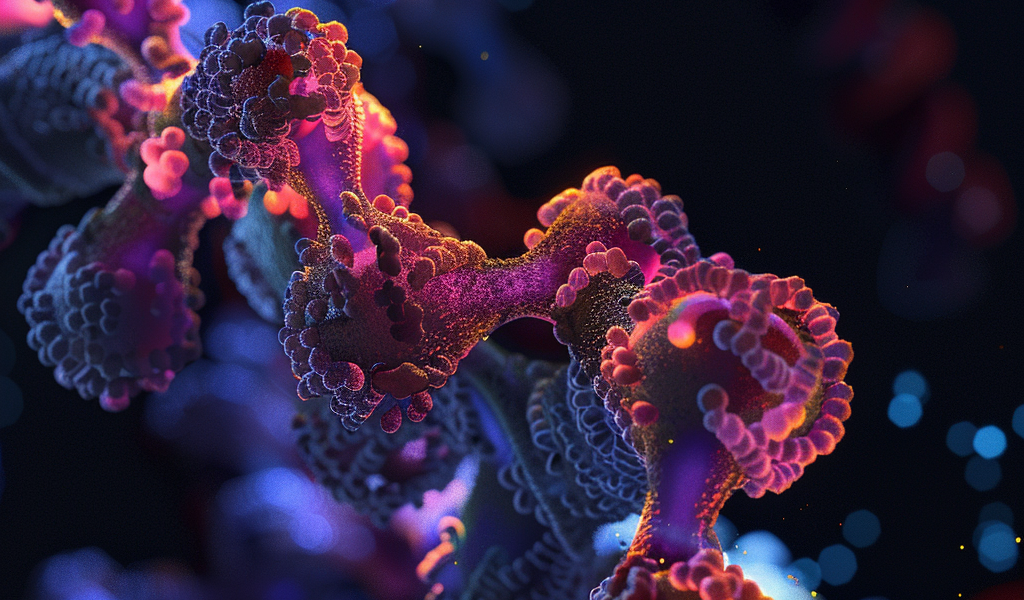Three-dimensional structure of ECF-T: the transport protein has a vital role in the new research project
New research to starve resistant bacteria
Due to the progressive spread of antimicrobial resistance, clinically important antibiotics are increasingly losing their effectiveness. New active substances are urgently needed to counteract this development.
In order to circumvent existing resistance, new drugs must address previously unused target structures within the pathogens. Prof. Anna Hirsch, scientists at the Helmholtz Institute for Pharmaceutical Research Saarland (HIPS), has been able to identify one such target and successfully acquired a “Proof of Concept” grant of the European Research Council (ERC) to support the development of novel active substances.
In order to exert their antimicrobial effect, antibiotics specifically intervene in processes that are crucial for the survival or reproduction of bacteria. These include the synthesis of the bacterial cell wall or the duplication of DNA during cell division. Although a large number of antibiotic products are available on the market, they only address a handful of molecular targets in the respective pathogens. The problem with this is that if a bacterium manages to circumvent a certain mechanism of action, a large number of products potentially lose their effectiveness. In order for new antibiotics to circumvent such resistance, they must address target structures in the pathogens that have not yet been used by any other drug.
One possible target structure for the development of new active substances is a transport protein named “ECF-T”, which transports vitamins and other cellular components into the bacteria. If the function of ECF-T is disrupted, for example by a drug, the bacteria can no longer gather the necessary vitamins and coenzymes and die. As the transport protein does not occur in human cells, these would not be affected by a potential drug targeting ECF-T. As part of her “NovAnI” project, which was funded by an ERC Starting Grant from February 2018 to January 2023, HIPS department head Anna Hirsch and her team have already discovered some first molecules that bind to ECF-T and reduce its activity. In the new ERC





